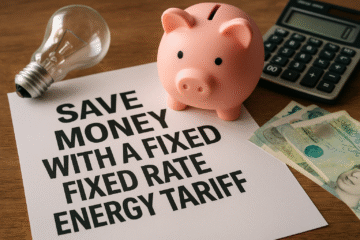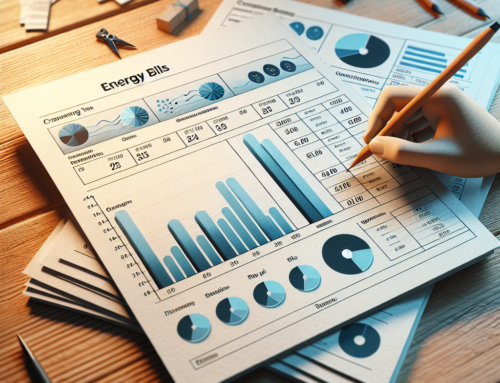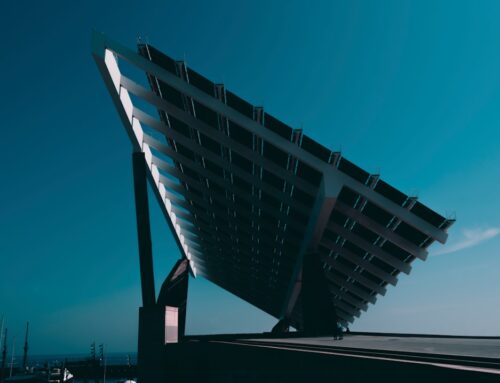Understanding your energy usage is the first step towards reducing your energy consumption. It's important to know where and how you are using energy in your home. This can be done by conducting an energy audit, which involves assessing your energy usage and identifying areas where you can make improvements. You can start by looking at your energy bills to see how much energy you are using and where it is being used. You can also use energy monitoring devices to track your energy usage in real-time and identify any areas of high consumption.
Another way to understand your energy usage is by conducting a home energy assessment. This involves inspecting your home for any energy inefficiencies, such as drafts, insulation issues, or outdated appliances. By understanding your energy usage, you can make informed decisions about how to reduce your consumption and save money on your energy bills.
Tips for Reducing Energy Consumption
There are many simple and effective ways to reduce your energy consumption at home. One of the easiest ways to save energy is by turning off lights and appliances when they are not in use. You can also switch to energy-efficient light bulbs and appliances, which use less energy and can save you money in the long run. Another tip for reducing energy consumption is to use natural light and ventilation whenever possible, instead of relying on artificial lighting and air conditioning.
You can also make small changes to your daily habits, such as washing clothes in cold water, using a clothesline instead of a dryer, and unplugging electronics when they are not in use. These small changes can add up to significant energy savings over time. Additionally, you can consider investing in renewable energy sources, such as solar panels or wind turbines, to generate your own clean energy and reduce your reliance on traditional power sources.
Maximizing Efficiency in Your Home
Maximizing efficiency in your home is essential for reducing energy consumption and saving money on your energy bills. One way to maximize efficiency is by improving the insulation in your home, which can help to keep heat in during the winter and out during the summer. You can also seal any drafts or leaks around windows and doors to prevent heat loss and reduce the need for heating and cooling.
Another way to maximize efficiency is by upgrading to energy-efficient appliances and electronics. Look for appliances with the Energy Star label, which indicates that they meet strict energy efficiency guidelines set by the Environmental Protection Agency. You can also consider installing a programmable thermostat, which allows you to set specific temperatures for different times of the day and night, helping you to save energy when you are not at home or asleep.
Smart Thermostat and Energy Monitoring
Investing in a smart thermostat and energy monitoring system can help you to better manage your energy usage and reduce your consumption. A smart thermostat allows you to control the temperature of your home remotely, so you can adjust it based on your schedule and preferences. This can help you to avoid heating or cooling an empty home, saving you money on your energy bills.
Energy monitoring systems allow you to track your energy usage in real-time and identify any areas of high consumption. This can help you to pinpoint where you are using the most energy and make changes to reduce your consumption. Some energy monitoring systems also provide insights into your energy usage patterns, helping you to make informed decisions about how to save energy and money.
Taking Advantage of Government Schemes and Grants
There are many government schemes and grants available to help homeowners reduce their energy consumption and save money on their bills. These schemes can provide financial incentives for making energy-efficient upgrades to your home, such as installing insulation, upgrading to energy-efficient appliances, or investing in renewable energy sources.
One popular scheme is the Green Homes Grant, which provides vouchers for homeowners to cover up to two-thirds of the cost of eligible energy-efficient improvements, up to a maximum of £5,000. This scheme can help you to make significant upgrades to your home at a reduced cost, making it easier to save energy and money in the long run.
Budgeting for Energy Bills
Budgeting for your energy bills is an important part of managing your household expenses. By understanding your energy usage and taking steps to reduce your consumption, you can lower your monthly bills and save money over time. One way to budget for your energy bills is by setting aside a specific amount each month to cover the cost of utilities.
You can also consider switching to a fixed-rate energy tariff, which allows you to lock in a set price for your energy usage over a certain period of time. This can help you to avoid unexpected increases in your bills and make it easier to budget for your monthly expenses.
Seeking Professional Advice and Assistance
If you are struggling to reduce your energy consumption or manage your energy bills, it may be helpful to seek professional advice and assistance. There are many organisations and professionals who can provide guidance on how to improve the efficiency of your home and reduce your energy usage.
You can also consider hiring an energy assessor or consultant to conduct a thorough assessment of your home and provide recommendations for making improvements. They can help you to identify areas of high consumption and develop a plan for reducing your energy usage and saving money on your bills.
In conclusion, understanding your energy usage, taking steps to reduce consumption, maximising efficiency in your home, investing in smart technology, taking advantage of government schemes, budgeting for energy bills, and seeking professional advice are all important strategies for managing your household's energy usage and saving money on your bills. By making small changes to your daily habits and investing in energy-efficient upgrades, you can lower your monthly expenses and contribute to a more sustainable future.





